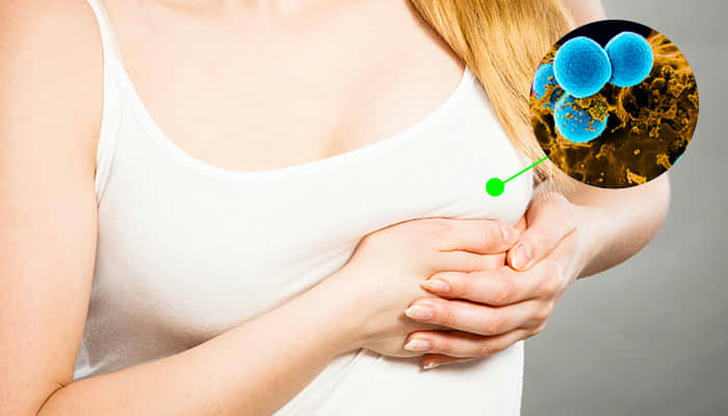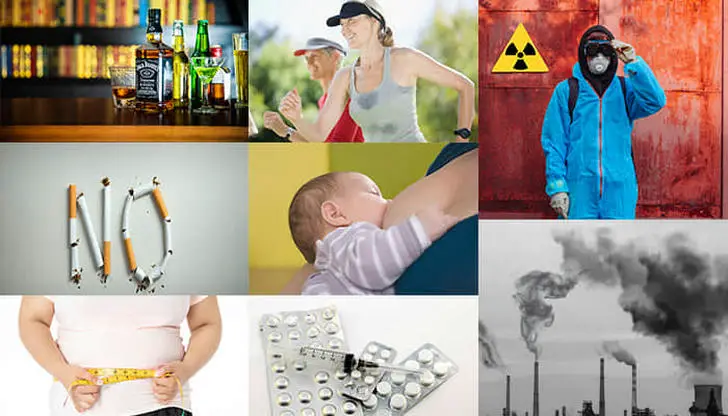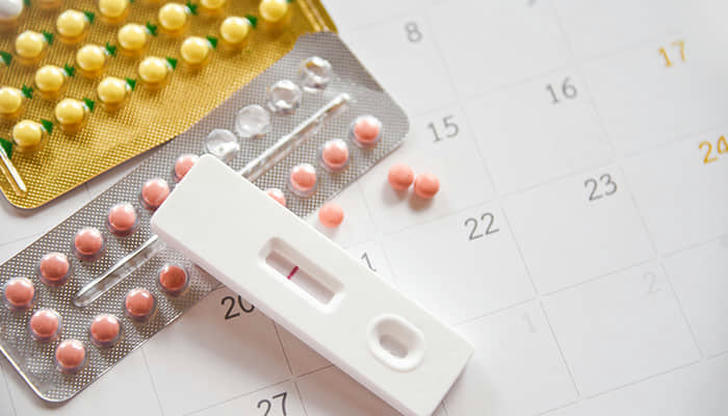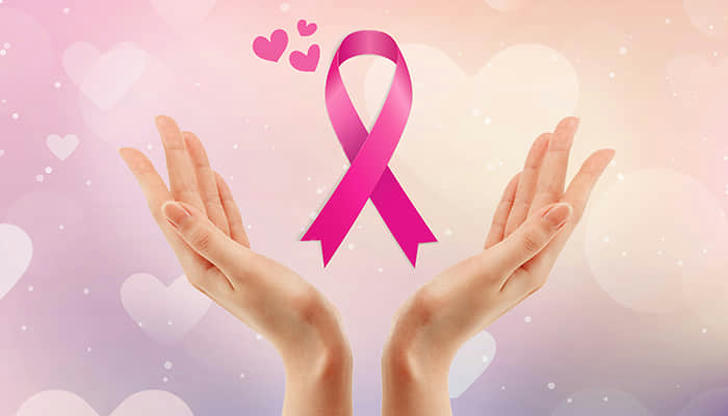How to Reduce the Risk of Breast Cancer?
Advertisement

Actually Breast cancer prevention begins with healthy habits, such as restricting drinking alcohol maintaining exercise and etc. Once people talk about breast cancer, whether themselves or the one they knew or loved who have just been diagnosed, are going through breast cancer treatment or you are very health people, the following detailed information can help you find some answers you need.
What Can I Do To Reduce The Risk Of Breast Cancer?

Studies have shown that a healthy lifestyle can reduce the 1/4 risk of breast cancer, especially for high-risk women. To cut down the risk, you had better follow the below steps:
• Cutting Back On Drinking: The more alcohol is consumed, the greater the risk of breast cancer would happen. Some professional suggestions based on studies of the effects of alcohol on breast cancer risk, are that preventing yourself drinking less than one glass a day, because even a little alcohol can still increase the risk of breast cancer.
• No Smoking: There are some evidences proved that there is some relationship between smoking and breast cancer, especially for premenopausal women.
• Maintaining Body Weight: Being overweight or obese can increase the risk of breast cancer. The elder obesity, especially after menopause, will be at a greater risk of breast cancer. Therefore, maintaining a healthy body weight is also a key factor in preventing breast cancer.
• Being Active In Physical Exercise: Exercise can help you maintain a healthy weight, which helps to prevent breast cancer. Most healthy adults should do at least 150 minutes of moderate aerobic exercise or 75 minutes of vigorous aerobic exercise a week, plus strength training at least twice a week.
• Breast Feeding: Breast feeding may help to prevent breast cancer. The longer the breast feeding, the better effect will be.
• Limiting The Dose And Duration Of Hormonal Therapy: The risk of breast cancer will increase by giving combined hormone therapy for more than 3 to 5 years. If you are receiving hormone therapy to treat menopausal symptoms, consult your doctor if you have other options. Actually you can control your symptoms by non-hormonal treatments and medications. If you believe that the benefits outweigh its risks in short-term hormonal therapy, please use the minimum dose that works for you as possible as you can and ask your doctor to monitor how long you use the hormones.
• Avoiding Exposure To Radiation And Environmental Pollution: In medical imaging, especially electronic computed tomography technology, the highest doses of radiation for treatment will be used. Although more researches are needed in this field, some studies suggest a link between breast cancer and the cumulative radiation exposure over a person's lifetime. Such tests are only performed when absolutely necessary.
Does Eating A Healthy Diet Can Prevent Breast Cancer?

Eating healthy meals may reduce your risk of certain types of cancer, like diabetes, heart disease, and stroke. For example, those women who add extra virgin olive oil and mixed nuts to the Mediterranean diet may decease the risk of breast cancer. The Mediterranean diet mainly focuses on plant-based foods such as fruits and vegetables, whole grains, legumes, and nuts. People who follow the Mediterranean diet choose healthy fats (such as olive oil) and fish over butter and red meat.
Any Relationship Between The Contraceptive Pill And Breast Cancer?

There are many evidences proved that hormonal contraceptives (including contraceptives and intrauterine devices that release hormones) increase the risk of breast cancer. But the risk will be decreased after you stop using hormonal contraceptives.
A recent study shows that an association between taking hormonal contraceptives and breast cancer. It is likely to succumb to breast cancer in one out of 7,690 women taking hormonal contraceptives for at least one year.
Taking the benefits of hormonal contraception into consideration, when you ask for your doctor about contraceptive method, such as controlling menstrual bleeding, preventing unintended pregnancies, and reducing the risk of other cancers (including endometrial and ovarian cancer), should also be considered.
What else can we do?

Be Alert To Breast Cancer. If you find any changes in your breast, such as a new mass or a skin change, please consult your doctor. Also, based on your personal history, ask for the doctor when to start mammography and other tests. Here some main symptoms, treatment and stages are listed below:
Symptoms
• A lump in a breast
• A change in breast shape
• Dimpling of the skin
• Fluid from the nipple
• A newly inverted nipple
• A red scaly patch of skin on the breast
• Others
Treatment
• Surgery
• Radiation therapy
• Chemotherapy
• Hormonal therapy
• Targeted therapy
Stage
• Stage 0 is a pre-cancerous or marker condition, either ductal carcinoma in situ (DCIS) or lobular carcinoma in situ (LCIS).
• Stages 1–3 are within the breast or regional lymph nodes.
• Stage 4 is 'metastatic' cancer that has a less favorable prognosis since it has spread beyond the breast and regional lymph nodes.
As newest researches show that women can reduce their risk of breast cancer by maintaining the healthiest possible lifestyles, including not drinking alcoholic beverages, maintaining a healthy body composition, never smoking, eating healthful food, and other actions, then almost these modifications might prevent 38% of breast cancers in the US, 42% in the UK, 28% in Brazil, and 20% in China. Meanwhile it is recommended that breast cancer screening should be done every year as possible as they can, especially for the women over 40 years old.



